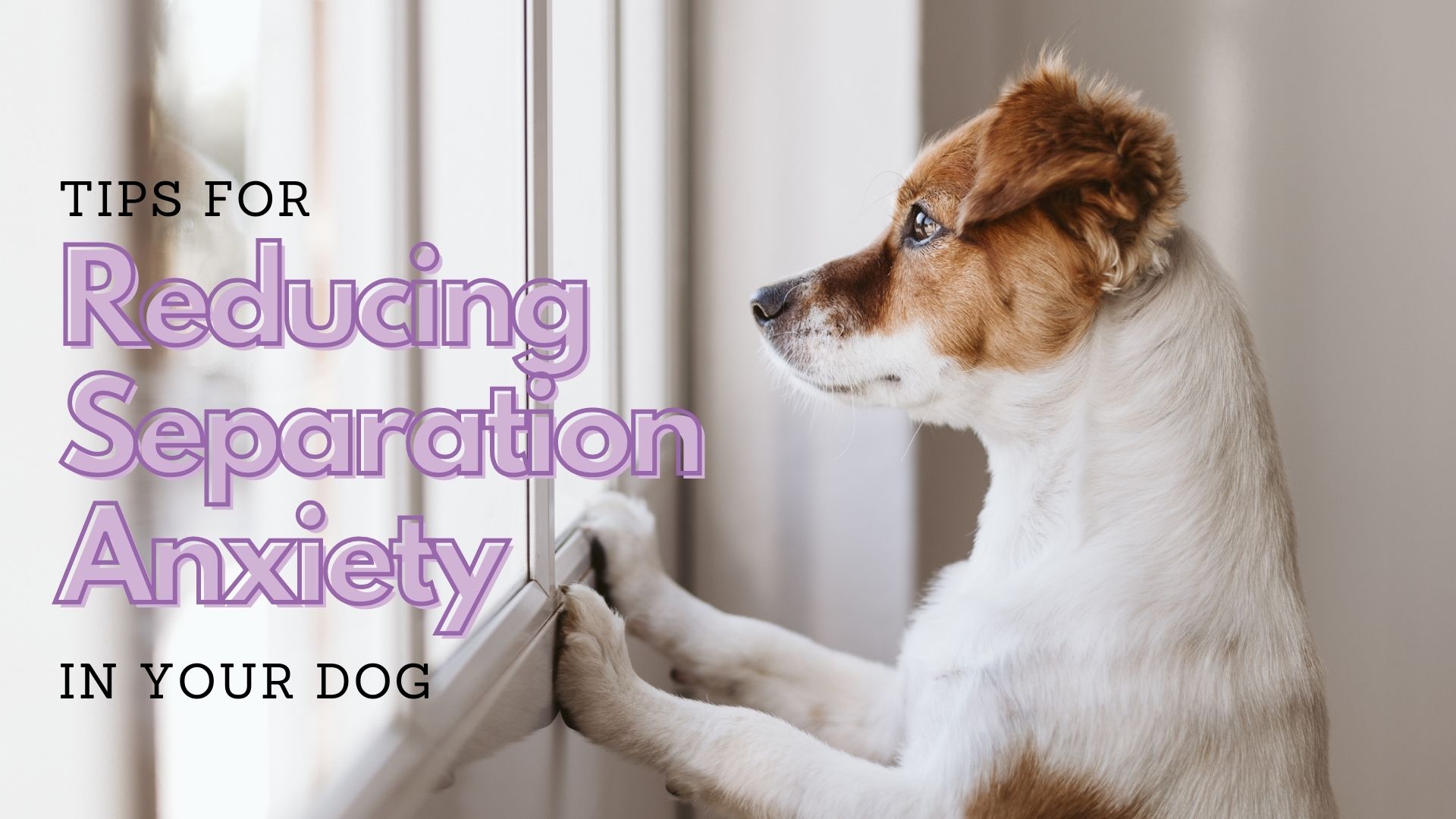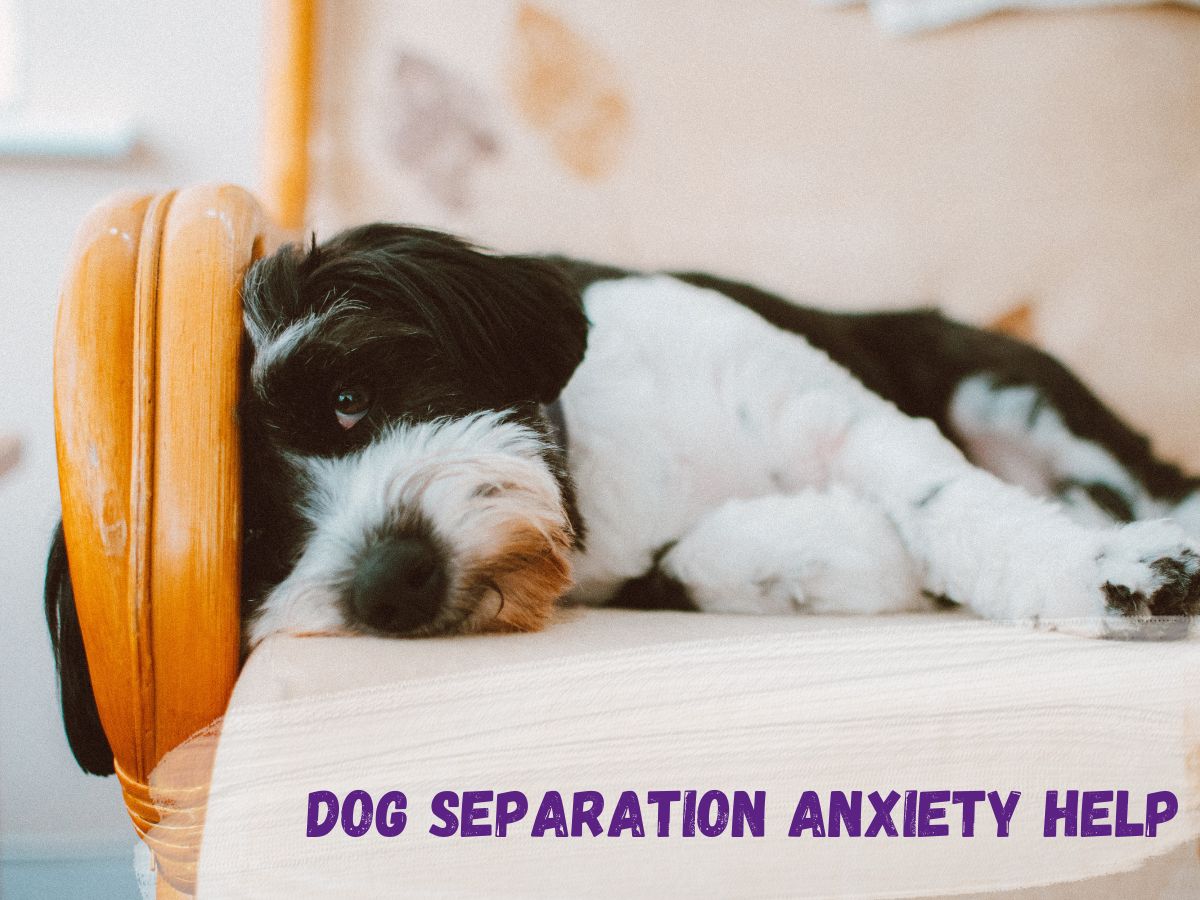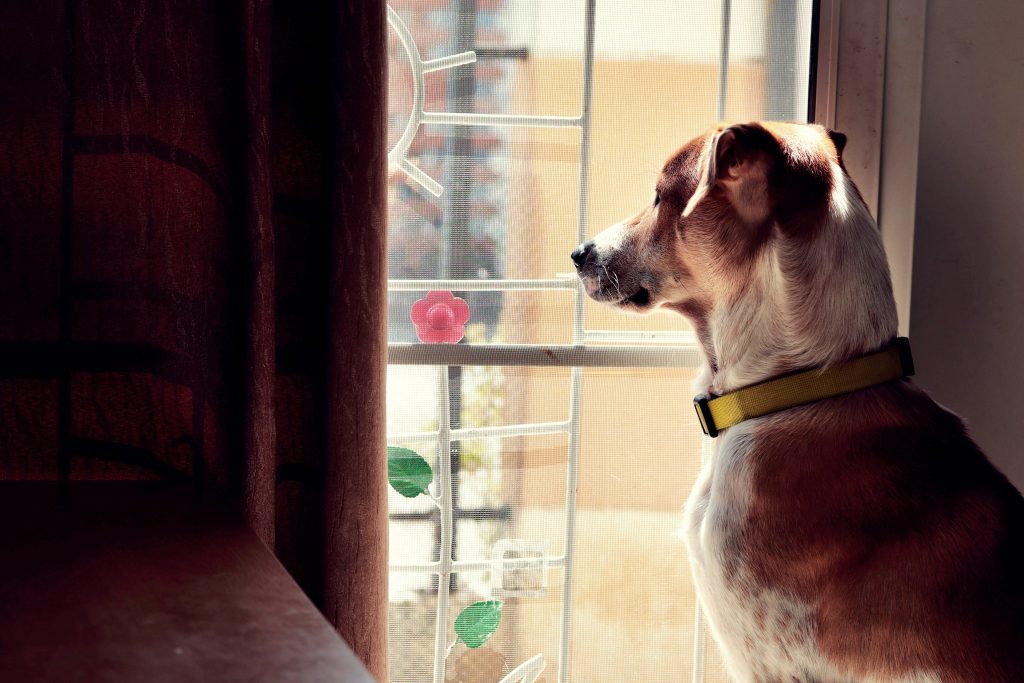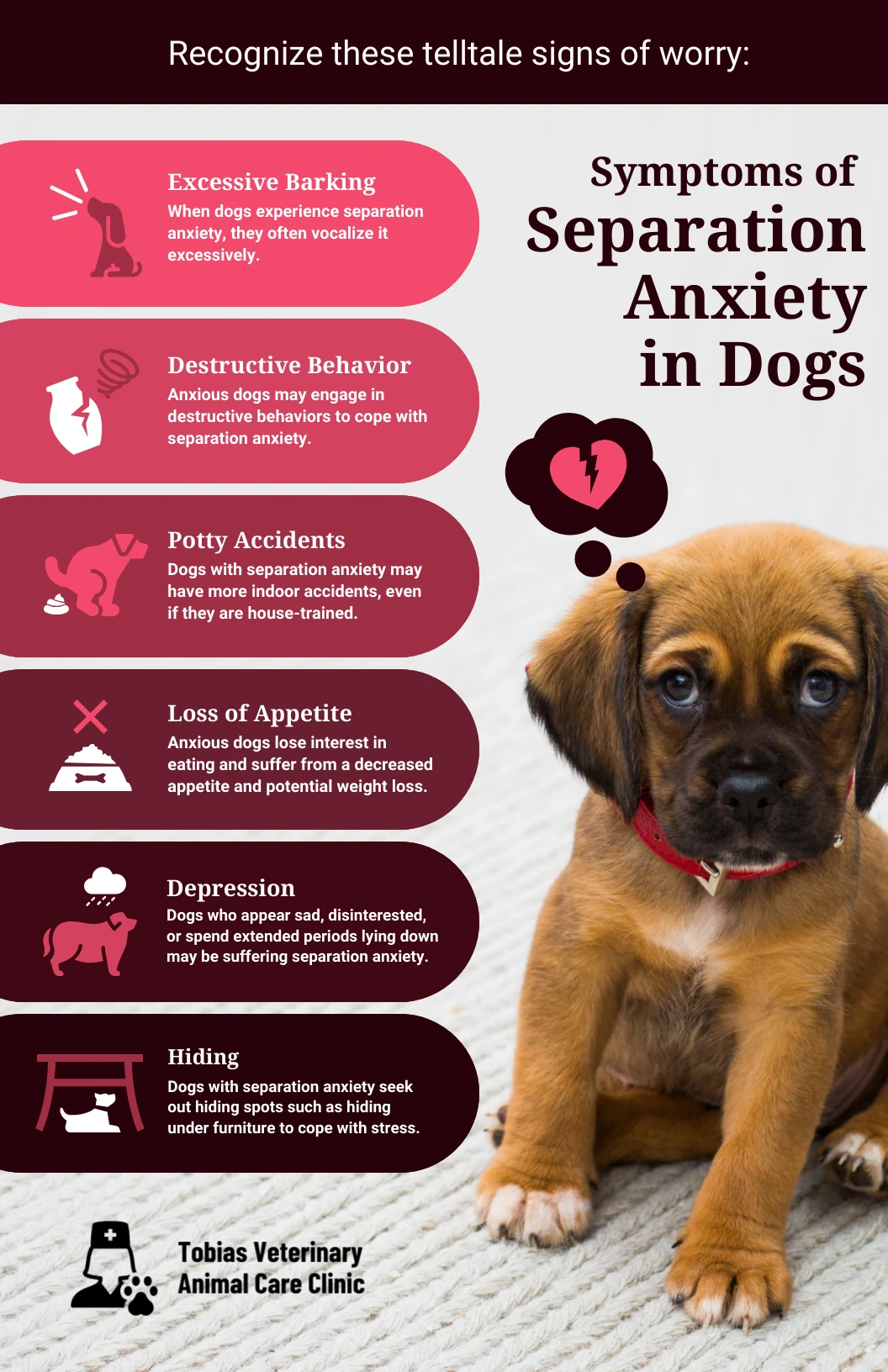Will A Second Dog Help With Separation Anxiety

The mournful howls echo through empty apartments, a constant reminder of the silent suffering endured by countless dogs when left alone. Separation anxiety, a debilitating behavioral condition, plagues a significant portion of the canine population, leading desperate owners to seek solutions. One frequently considered, yet often debated, remedy is the introduction of a second dog.
This seemingly simple solution raises a complex question: Will adding a companion alleviate or exacerbate the existing anxiety? This article delves into the potential benefits and pitfalls of acquiring a second dog to combat separation anxiety, drawing on expert opinions, scientific research, and anecdotal evidence to provide a comprehensive understanding of this multifaceted issue. We examine the factors that contribute to the success or failure of this strategy, offering insights to help dog owners make informed decisions.
Understanding Separation Anxiety
Separation anxiety in dogs is characterized by a range of distress behaviors exhibited when the animal is left alone or separated from its primary caregiver. These behaviors can manifest as destructive chewing, excessive barking or howling, inappropriate elimination, pacing, and even self-harm.
The root causes are varied and can include a change in routine, a move to a new home, or the loss of a family member (human or animal). According to the American Society for the Prevention of Cruelty to Animals (ASPCA), separation anxiety is a serious condition that requires a multifaceted approach to treatment.
The Promise of Companionship: A Potential Solution?
The rationale behind introducing a second dog is that companionship can reduce the feeling of loneliness and isolation experienced by an anxious dog. The presence of another canine could provide a sense of security and normalcy, diverting attention away from the owner's absence.
Some owners report success with this strategy, noting a decrease in anxious behaviors after the arrival of a new furry friend. However, anecdotal evidence should be treated with caution, as individual results can vary greatly.
Potential Benefits
A well-matched companion can offer several advantages. Social interaction, play, and shared routines can provide mental stimulation and reduce boredom, key contributors to anxiety.
The presence of a confident and well-adjusted dog can serve as a positive role model for the anxious dog, teaching them how to cope with solitude. Furthermore, the new dog can distract the anxious dog from focusing on the owner's departure.
Potential Pitfalls
Introducing a second dog is not a guaranteed cure, and in some cases, it can worsen the situation. If the dogs do not get along, the increased stress and competition can exacerbate anxiety in both animals.
It's also possible for the second dog to develop separation anxiety as well, essentially creating two dogs with the same problem. Furthermore, the underlying cause of the initial dog's anxiety may not be addressed simply by adding another dog.
Expert Opinions and Research
Veterinary behaviorists and certified professional dog trainers emphasize the importance of a thorough assessment before introducing a second dog. Dr. Karen Overall, a renowned veterinary behaviorist, states that "a second dog should never be considered a first-line treatment for separation anxiety."
According to her, addressing the underlying anxiety through behavior modification techniques and, in some cases, medication, is crucial. She stresses that adding another dog should be considered only after other methods have been explored.
Research on the effectiveness of second dogs in treating separation anxiety is limited, but the available studies suggest mixed results. One study published in the Journal of Veterinary Behavior found that the presence of a companion animal did not significantly reduce separation anxiety behaviors in all cases. It highlights that a carefully managed introduction and compatibility between the dogs are crucial.
Factors to Consider Before Getting a Second Dog
Several factors should be carefully considered before deciding to get a second dog to help with separation anxiety. These include the temperament of the existing dog, the temperament of the potential new dog, the living environment, and the owner's ability to manage two dogs.
A gradual introduction is crucial to ensure compatibility. Supervise their interactions closely and provide separate spaces where each dog can retreat if needed.
Consider consulting with a professional dog trainer or veterinary behaviorist to assess your dog's specific needs and develop a personalized plan. They can help you determine if a second dog is a suitable option and provide guidance on how to introduce them successfully.
Alternative and Complementary Treatments
Behavior modification techniques, such as counter-conditioning and desensitization, are often effective in treating separation anxiety. These techniques involve gradually exposing the dog to the triggers of their anxiety in a controlled and positive way.
Medication, prescribed by a veterinarian, can also be helpful in managing severe cases of separation anxiety. It can reduce the intensity of the dog's anxiety, making them more receptive to behavior modification techniques.
Other complementary therapies, such as aromatherapy and calming supplements, may also provide some relief. However, these should be used in conjunction with, and not as a replacement for, more established treatments.
Conclusion: A Complex Equation
Introducing a second dog as a solution for separation anxiety is a complex decision with no guaranteed outcome. While companionship can be beneficial in some cases, it is essential to understand the potential risks and limitations.
A thorough assessment of the dog's individual needs, a carefully managed introduction, and a comprehensive treatment plan are crucial for success. In many instances, behavior modification techniques and, if necessary, medication, are essential components of a successful outcome.
Ultimately, the decision to get a second dog should be based on a careful evaluation of all factors involved, with the well-being of both animals as the top priority. Owners must remember that addressing separation anxiety requires dedication, patience, and, often, professional guidance. Seeking expert advice is the best way to determine the most appropriate course of action for your canine companion.


















